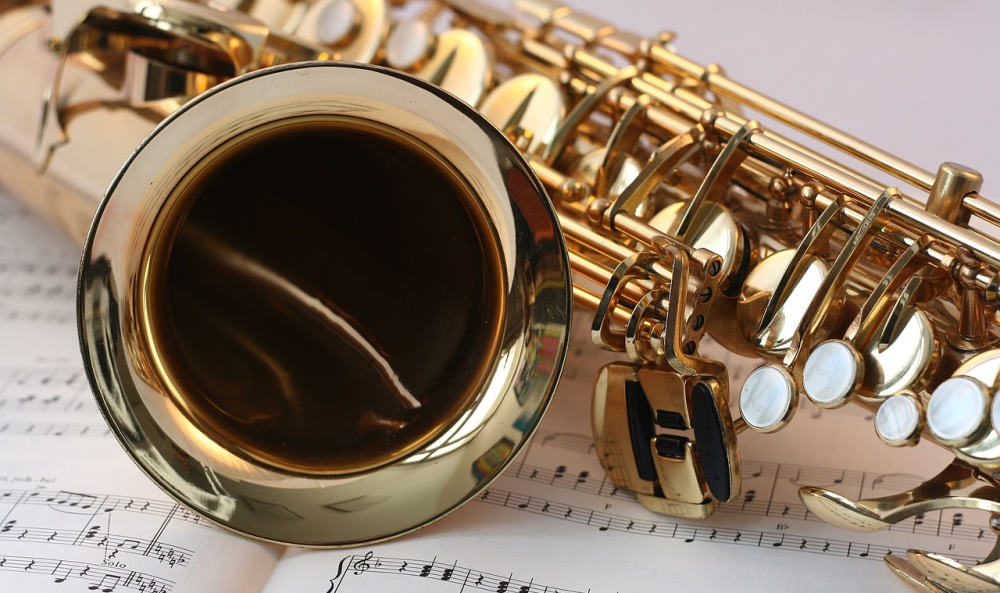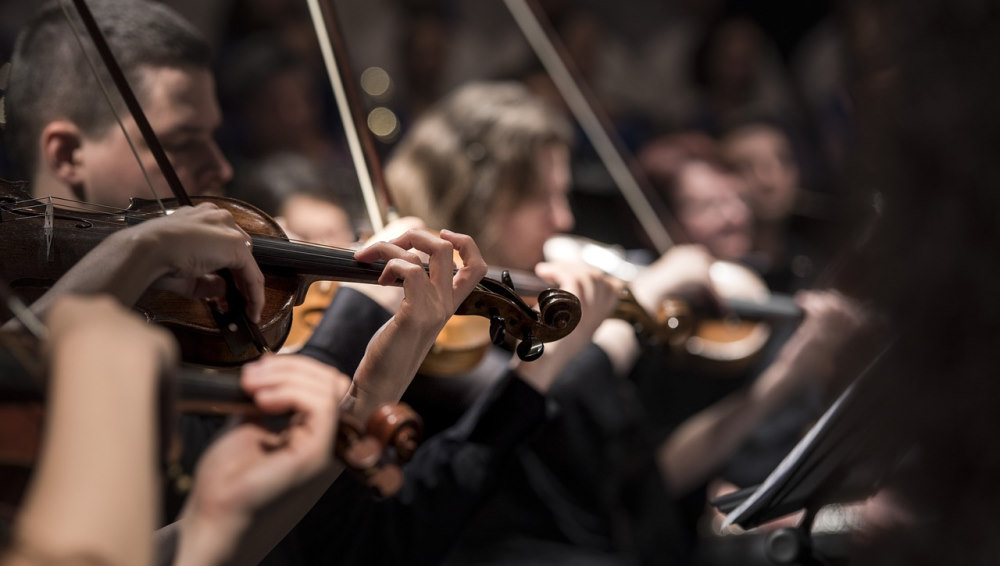Why Performing Music is Important for Learning
Learning an instrument is a challenging endeavor that ultimately builds character, develops your brains, and pushes you to be the best version of yourself. But music lessons involve so much more than just one-on-one instruction with your teacher. On your own time, it’ll take hours of motivated solo practice time that force you to dig deep and improve your skills. But there’s another aspect of learning an instrument that’s often overlooked and even avoided – performance.
Performing music involves putting yourself in front of a group of people and playing what you’ve been working so hard on. Putting yourself up in front of a group of people is a nerve-racking idea for many people, but it’s necessary for your growth and development. Sometimes making ourselves uncomfortable is the best thing we can do for ourselves.
In this article, we’re going to break down why it’s so important to go beyond just practicing at home and in front of your instructor when learning an instrument, and perform your music publicly.
Gather feedback

Practicing at home is essential to learning an instrument. Those long, focused practice sessions that force you to push and challenge yourself are where the progress is made. But the at-home practice misses one important ingredient that aids in your development – feedback.
You can certainly receive feedback from your periodic lessons with your instructor, but that kind of feedback is a little different. The training sessions with your instructor are great for working on difficult sections of music and really grinding out a finished piece, but the feedback is mostly instructional.
The feedback from friends and family after a live performance is something that everyone should experience. The people in this audience likely haven’t heard you play as much as your instructor or pets have. They haven’t heard the hours of practice that went in. Instead, they get to hear the finished product that you worked so hard on.
Performing in front of a crowd is your chance to gather feedback and gauge reactions to the music you’ve been working on for weeks on end. From the moment you step on the stage, you’ll feel the weight of the attention on you, hear the applause, and see the smiling faces. Afterwards, you’ll get a chance to hear how your performance made people feel. That’s what music is all about. Opportunities to perform and gather special feedback like this are rare and should be welcomed whenever possible.
Help set and meet goals

Setting clear, measurable goals is one of the best ways to hone your craft and become a better musician. After all, without a direction you aren’t really moving anywhere at all. Goals can help and motivate you to learn new music, meet deadlines, pass exams and develop a practicing regiment.
Music aside, goal setting is a valuable lesson you can apply to everyday life as well. Goal setting teaches time management, organization and self-motivation. We’d all do better with some clear goal setting in our life, whether it’s for our music education, career or family life.
Live performance is one of the best ways to help you set and meet your musical goals. Performances are attached to concrete dates in the future, giving you a clear timeline and allowing you to do whatever you need to do to prepare. Whether it’s an open mic night, concert, exam or recital, these performances represent major milestones that can really help you grow.
The time leading up to a big performance is your opportunity to truly master a piece of music. Not only is mastery an important part of learning an instrument, it’s vital for our confidence levels. With the ability to set goals, master a piece of music and meet your goals, nothing is stopping you going forwards.
Create a record of progress

When learning an instrument, it’s easy to get lost in the day-to-day grind of regular practice, performance and development. It’s not very often we get a chance to take a step back and admire how far we’ve come. It isn’t very often we actually get to hear ourselves play a complete piece of music while we aren’t sitting with our instrument. Music performance is the perfect chance to do so.
Performing music is a great opportunity to gather a record of your progress. They’ll surely be someone in the crowd with a camera, or you can arrange for someone to be there recording audio and video. With a recording of your performance, you’ll finally be able to experience what everyone else was able to while you were deep in concentration. You can see all your hard work paid off. Plus, with regular recordings, you’ll have a mini library of performances you’ll be able to look back on to see how far you’ve come.
The record of performance is also useful for critiquing your own work. With your trained ear, you’ll be able to pick up on all the things you executed well, along with the things that didn’t sound quite right. A record of progress is your chance to do so.
Motivate yourself

If you’re taking the time to learn a new instrument, chances are you’re already an extremely motivated individual. You set aside time to practice diligently, pushing yourself to be the best musician you can be. But by adding regular performance to your schedule, an extra layer of motivation becomes baked into your regiment of preparation and growth.
With a performance date in the calendar, you’ll feel an added push to master the music you’ve been working on. Because now it’s about more than just you and your instructor – now you have an opportunity to impact a crowd of friends, family and strangers.
If you’re ready to begin the journey of learning a new instrument, MSI Langley offers a variety of music lessons for all skill levels. Whether you’re 6 or 60, our instructors will work closely with you to help you learn piano, guitar, violin, singing, woodwind, and many more instruments. Contact us today or register for upcoming lessons.
